Category Archive: Proposition 65
Prop 65 Comes for Amazon
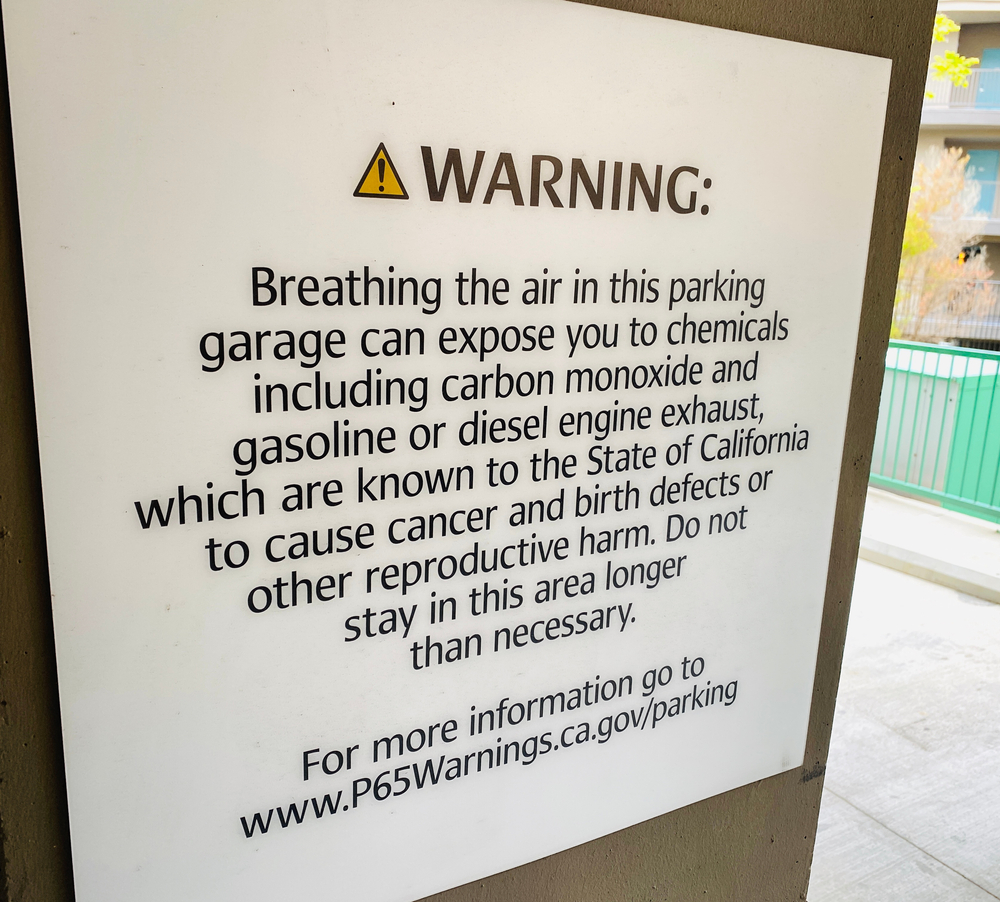
Since its founding, Amazon has been able to skirt the onerous law known as California Proposition 65. But those days may soon be over. Prop 65, officially titled the Safe Drinking Water and Toxic Enforcement Act of 1986, was a California ballot initiative that garnered immense support. The policy was originally aimed at keeping drinking water clean. But it has since spiraled into an out-of-control regulatory scheme in which companies are required to put a warning label on any product that may contain one of over 900 substances deemed toxic by the state of California. The infamous problem with the law is...
Read MoreFake Meat Companies Hope to Weaponize Prop 65 to Harm Real Meat Industry
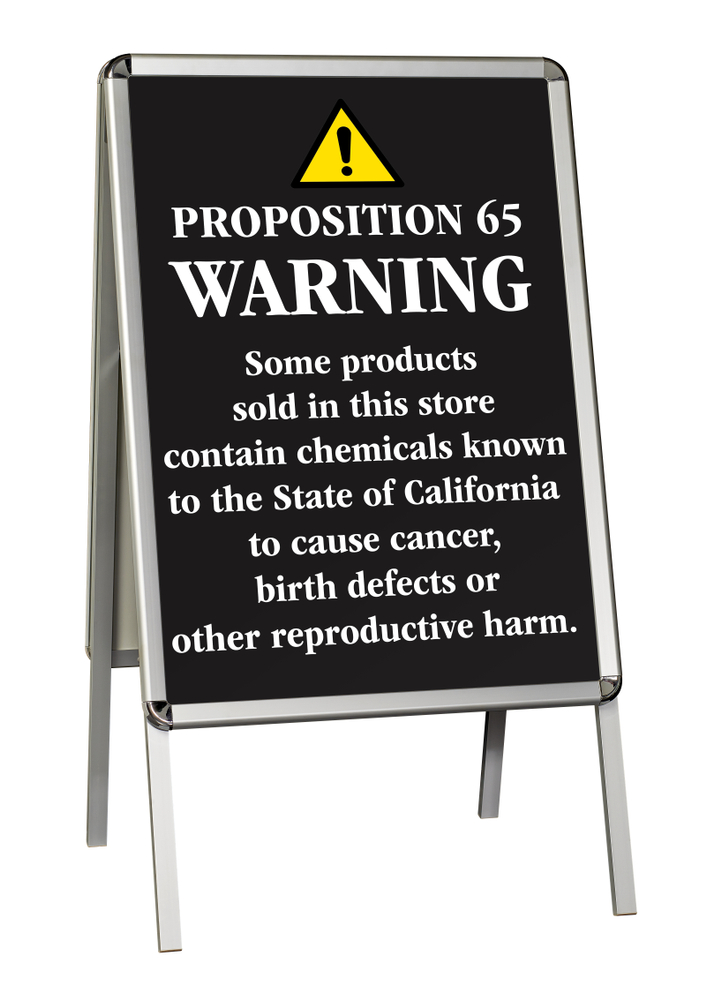
A PETA-linked group touting vegan diets issued a complaint with the state of California requesting that processed meats--things like sausage and bacon--be saddled with a Proposition 65 warning. Prop 65 warnings are burdensome regulations that require anyone selling goods within the state of California to disclose any possible carcinogens that may be present in the product -- no matter how scant the amount. The warnings became law following a ballot initiative in 1986 to protect consumers from toxic water but they quickly became a tool for trial lawyers and activists to harm businesses. The list of toxic substances rapidly expanded to...
Read MoreExcessive Prop 65 Warnings Are About To Get Even Bigger
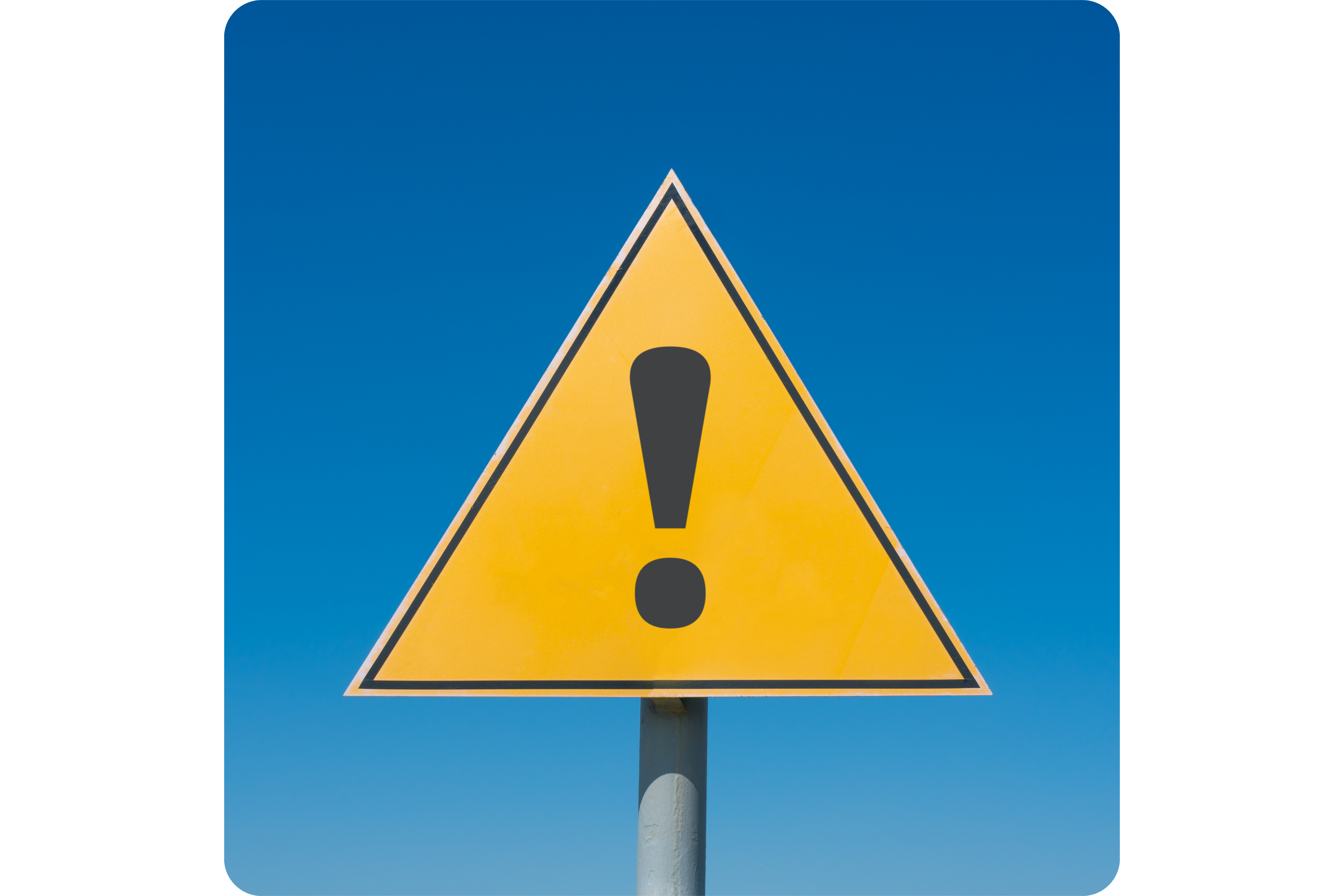
Government officials in California might as well have used eminent domain to seize the amount of real estate they are about to take up with frivolous extended Prop 65 warnings. Proposition 65 was a ballot initiative in 1986 that aimed at protecting consumers from carcinogens in tap water. While the intentions may have been good, the policy spun out of control. The law requires businesses to post warning labels on exposure to chemicals that may cause cancer or reproductive harm--and the bar is set extremely low. This has left businesses putting warning labels on everything from coffee to parking garages not because...
Read MoreProp 65 Lands California on List of “Judicial Hellholes”

The endless frivolous lawsuits brought forward under California Proposition 65 have landed the state as a top “Judicial Hellholes,” a list created by the American Tort Reform Foundation. Prop 65 was voted into law via referendum in 1986. The supposed goal of the legislation was to protect Californians from potential carcinogens in the drinking water, but it quickly spiraled out of control. It created a new bureaucracy that policed chemicals not just in drinking water, but in everyday products. This by itself isn’t necessarily a bad thing. But the bureaucracy set the bar so low that even trace amounts of substance--too...
Read MoreHow Much Money Did Your State Lose to California’s Cancer Labeling Law? Read the Report.
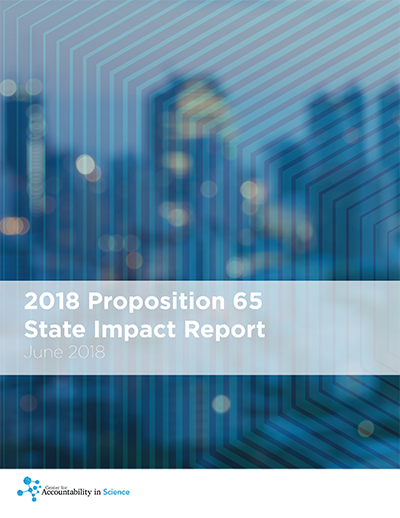
The Center for Accountability in Science is proud to announce the release of the 2018 Proposition 65 State Impact Report, a first of its kind overview ranking states by how much money local businesses lost settling Proposition 65 lawsuits. Although we’ve been writing about the harms of Proposition 65 for some time, the California law recently caught national attention for requiring cancer warnings on coffee despite firm scientific consensus that coffee does not cause cancer in humans. Apparently, unjustifiable cancer warnings on one of the world’s most heavily consumed beverages was the catalyst consumers needed to understand exactly how flawed Proposition...
Read MoreSorry LA Times, Proposition 65 is Definitely Overkill

Earlier this week, the Los Angeles Times ran an opinion article called "Cancer warnings for coffee may be overkill, but Proposition 65 is not." We beg to differ. The authors argue that in spite of Proposition 65 extracting hundreds of millions of dollars from businesses and requiring warnings on products that definitely won't cause cancer (which lead the public to ignore warnings when they do matter), the law is totally worth it because it convinces companies to reformulate their products without toxic chemicals. The authors attribute Kaiser Permanente’s decision to stop using IV equipment containing the chemical DEHP to Proposition 65. However, the healthcare provider’s decision came more than twenty years after...
Read MoreMajor Papers Start to Agree: California’s Environmental Law Is A Disaster
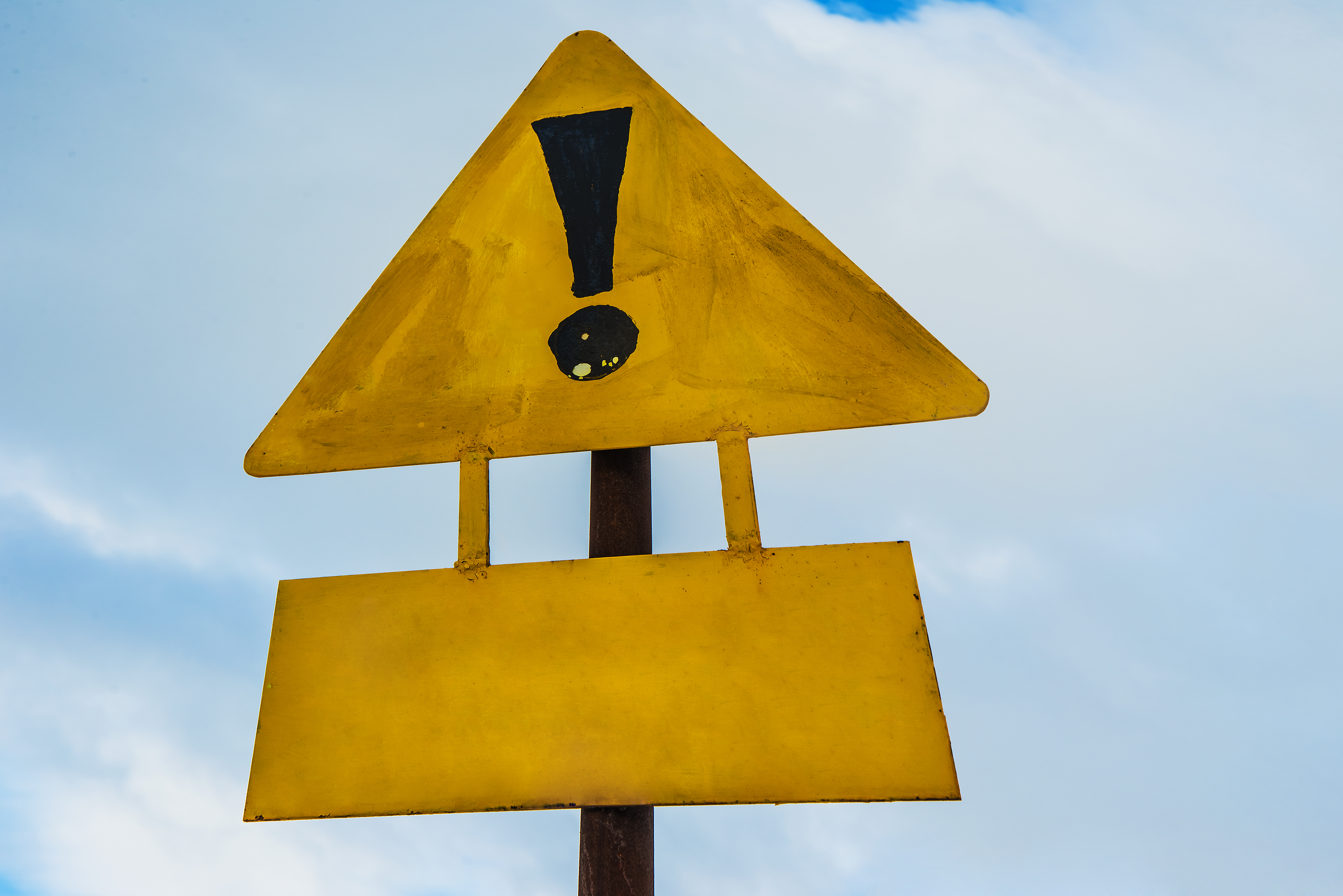
This week, a Bloomberg news story opened with this curious note: “If you happen to buy a cup of coffee in California and it comes with a cancer warning, don’t panic -- it’s just the law.” That law, Proposition 65, has been the bane of California businesses for over 30 years. It requires warnings on products and places which may expose consumers to chemicals “known to the state of California” to cause cancer, birth defects, or reproductive harm. Trouble is, California apparently “knows” more than the EPA, FDA, NIH, and the litany of toxicologists who study harmful substances for a living. The state labels items as...
Read MoreBeat Unnecessary Warnings with…More Warnings?

Last week, a Los Angeles Times article posed the question: “Adding Roundup to Prop. 65 list is a victory, but will Californians heed the warning?” Adding Roundup, the popular weed killer powered by glyphosate, may have been a win for internet activists, but it was by no means a win for science. Government studies evaluating the entire body of well-performed research into glyphosate’s safety have unanimously concluded that the substance is not harmful to human health, and especially not at the levels which people are actually exposed to. After “an exhaustive process,” the European Food Safety Authority (EFSA) found glyphosate was unlikely to...
Read MoreA Wolf in Puppy’s Clothing
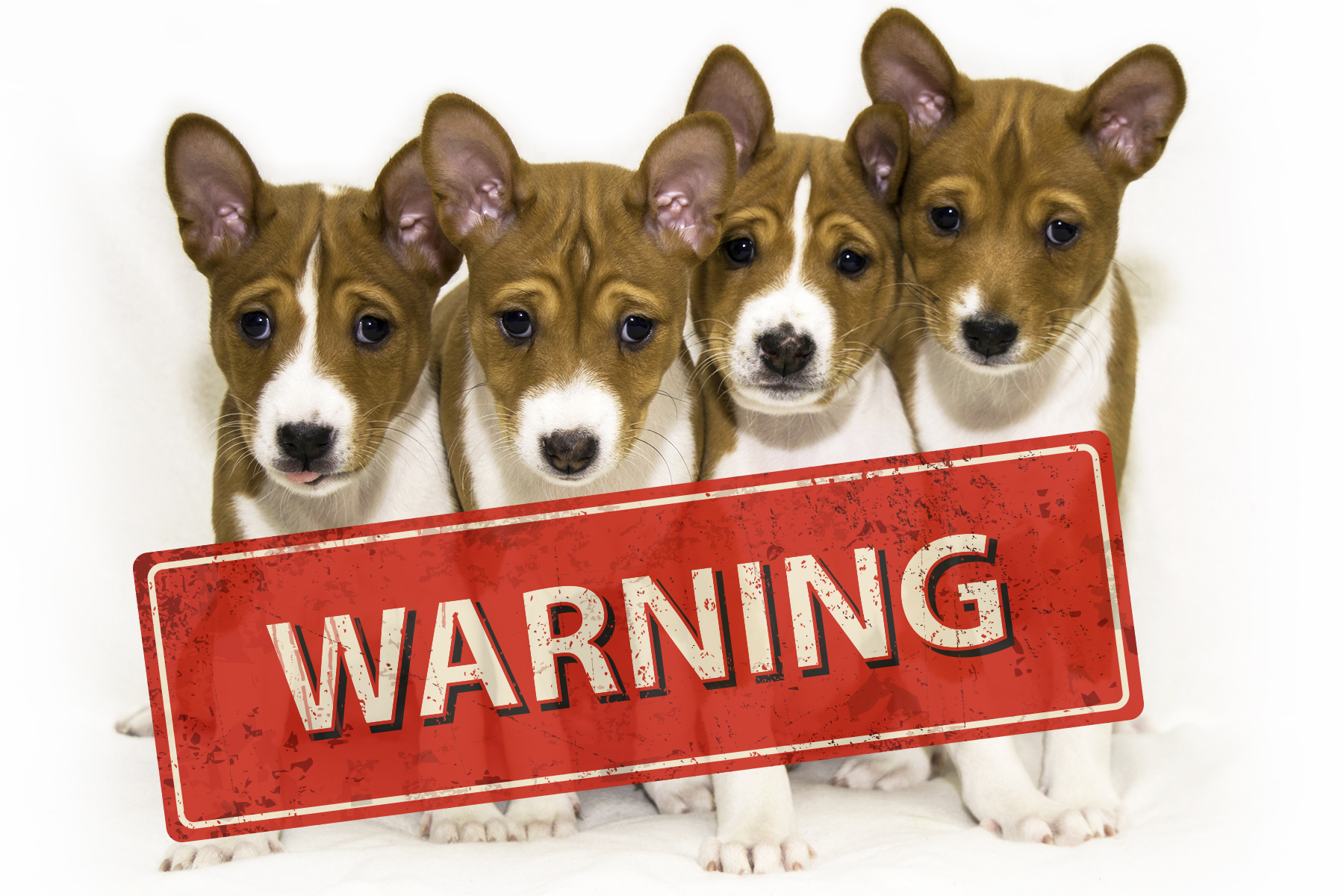
Three economists out of Harvard and Vanderbilt recently published a paper on risk management which reflects much of what we believe about warning labels. Current warning systems, such as California’s Proposition 65, fail to differentiate between large and small risks – or, as the authors put it, wolves and puppies. Puppies are common, and although their nip may hurt, a pup doesn’t pose much of a threat. Wolves, on the other hand, are rarely seen, but can introduce real risk to your (or your puppy’s) well-being. When people are told to fear both wolves and puppies equally, the warning quickly becomes ineffective. People become habituated to puppies and don’t perceive...
Read MoreShould You Stay Away from Aspartame?

Despite decades of research and hundreds of studies demonstrating the safety of the artificial sweetener, aspartame, rumors persist that it’s dangerous. Some flow from the back-country pages of the web, but there’s at least one government agency (in the world) stoking fears: California’s Office of Environmental Health Hazard Assessment (OEHHA). OEHHA might add aspartame to its Proposition 65 list of chemicals “known to the state of California to cause cancer.” But consumers shouldn’t fear. If California does list aspartame as carcinogenic, it will become the only regulatory agency in the world to do so. And as we’ve shown before, going against...
Read More